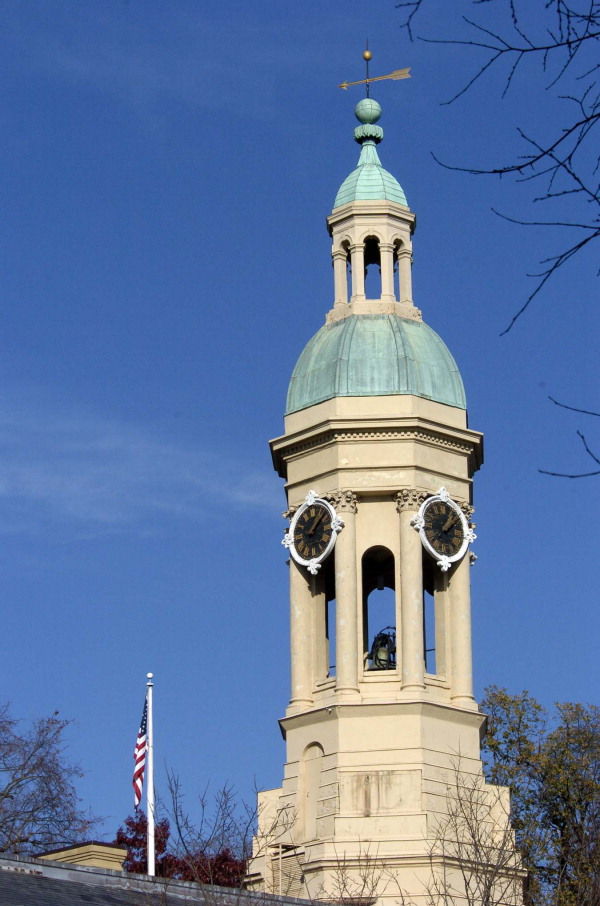By Philip Sean Curran, Staff Writer
Princeton University’s nearly 13-percent-investment gain on its $22.7 billion endowment is further evidence that the school is a profit-making entity that is not entitled to a property tax exemption, said the lawyer fighting to get Nassau Hall to pay more taxes.
Public interest lawyer Bruce I. Afran responded Monday to Princeton’s announcement earlier in the day that its high performing endowment had grown by roughly $1.7 billion during the 12-month period that ended June 30. To Mr. Afran, the yield of 12.7 percent indicated the school was engaged in high-risk investments that a typical charity could never afford to make.
“If they can afford to risk their endowment on risky investments to create a 12.7 percent yield, then they can afford to pay their property taxes,” said Mr. Afran, who represents four Princeton residents suing the school in New Jersey Tax Court.
Mr. Afran’s clients want a New Jersey judge to strip the school of its property tax exemption, a move that would dramatically alter the property tax structure in Princeton. They have argued that through the sharing of patent royalites on university research and other ways, Princeton is a for-profit business.
Mr. Afran cited that as of two years ago, the school had reported, in filings with the U.S. Department of Treasury, that it paid bonuses of some $10 million to the four top university employees who manage the school’s endowment.
“There are people being made millionaires working at the university,” he said.
The university had no response to Mr. Afran’s comments.
For its part, the school pays taxes on some of its properties in town. Last year, the school said that it had paid $8.35 million in property taxes for 2013. The school is also in the midst of a seven-year, $21.7 million-agreement with Princeton officials to provide voluntary contributions to the municipality.
The school is taking the citizens’ lawsuit seriously, having hired one of the world’s largest law firms, Simpson, Thacher & Bartlett, to represent the school. University trustee Victoria Bjorklund is a former partner and now counsel of the firm.
Two weeks ago, the university asked the judge hearing the case, Vito L. Bianco, to put the burden of proof on the residents to show that the school is not entitled to a property tax exemption. The judge has not ruled on the request.

